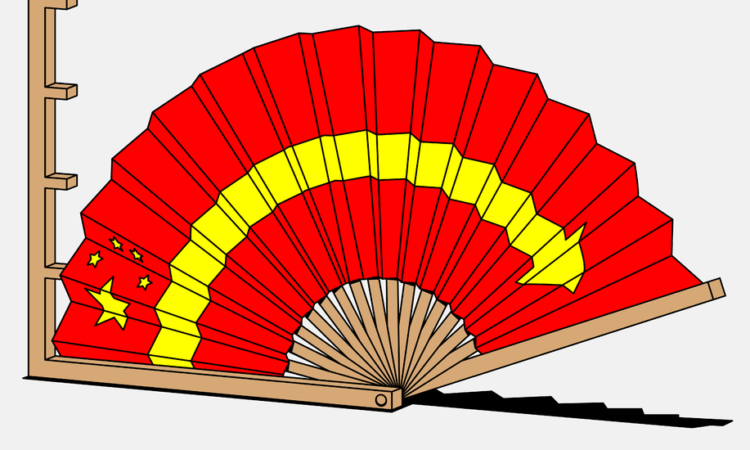
The party had a golden opportunity to change in 1989, when the Tiananmen Square protests revealed that the economic reforms that had begun a decade earlier had given rise to a growing private sector and a desire for new freedoms. But to liberalize government institutions in response would have undermined the party’s power. Instead, China’s leaders chose to shoot the protesters, further tighten party control and get hooked on government investment to fuel the economy.
For a long time, no one minded. When economic or social threats reared their heads, like global financial crises in 1997 and 2007, Chinese authorities poured money into industry and the real estate sector to pacify the people. The investment-driven growth felt good, but it was much more than the country could digest and left China’s landscape scarred with empty cities and industrial parks, unfinished bridges to nowhere, abandoned highways and amusement parks, and airports with few flights.
The investment in industrial capacity also generated an explosion in exports as China captured industries previously dominated by foreign manufacturers — mobile phones, television sets, solar panels, lithium-ion batteries and electric vehicles. Much of the Chinese economic “miracle” was powered by American, European and Japanese companies that willingly transferred their technical know-how to their Chinese partners in exchange for what they thought would be access to a permanently growing China market. This decimated manufacturing in the West, even as China protected its own markets. But the West let it slide: The cheap products emanating from China kept U.S. inflation at bay for a generation, and the West clung to the hope that China’s economic expansion would eventually lead to a political liberalization that never came.
To raise money for the government investment binge, Beijing allowed local authorities to collateralize land — all of which is ultimately owned or controlled by the state — and borrow money against it. This was like a drug: Local governments borrowed like crazy, but with no real plan for paying the money back. Now many are so deep in debt that they have been forced to cut basic services like heating, health care for senior citizens and bus routes. Teachers aren’t being paid on time, and salaries for civil servants have been lowered in recent years. Millions of people all over China are paying mortgages on apartments that may never be finished. Start-ups are folding, and few people, it seems, can find jobs.
To boost employment, the party over the past couple of years has been telling local governments to push the establishment of new private businesses, with predictable consequences: In one county in northern China, a village secretary eager to comply with Beijing’s wishes reportedly asked relatives and friends to open fake companies. One villager opened three tofu shops in a week; another person applied for 20 new business licenses.






